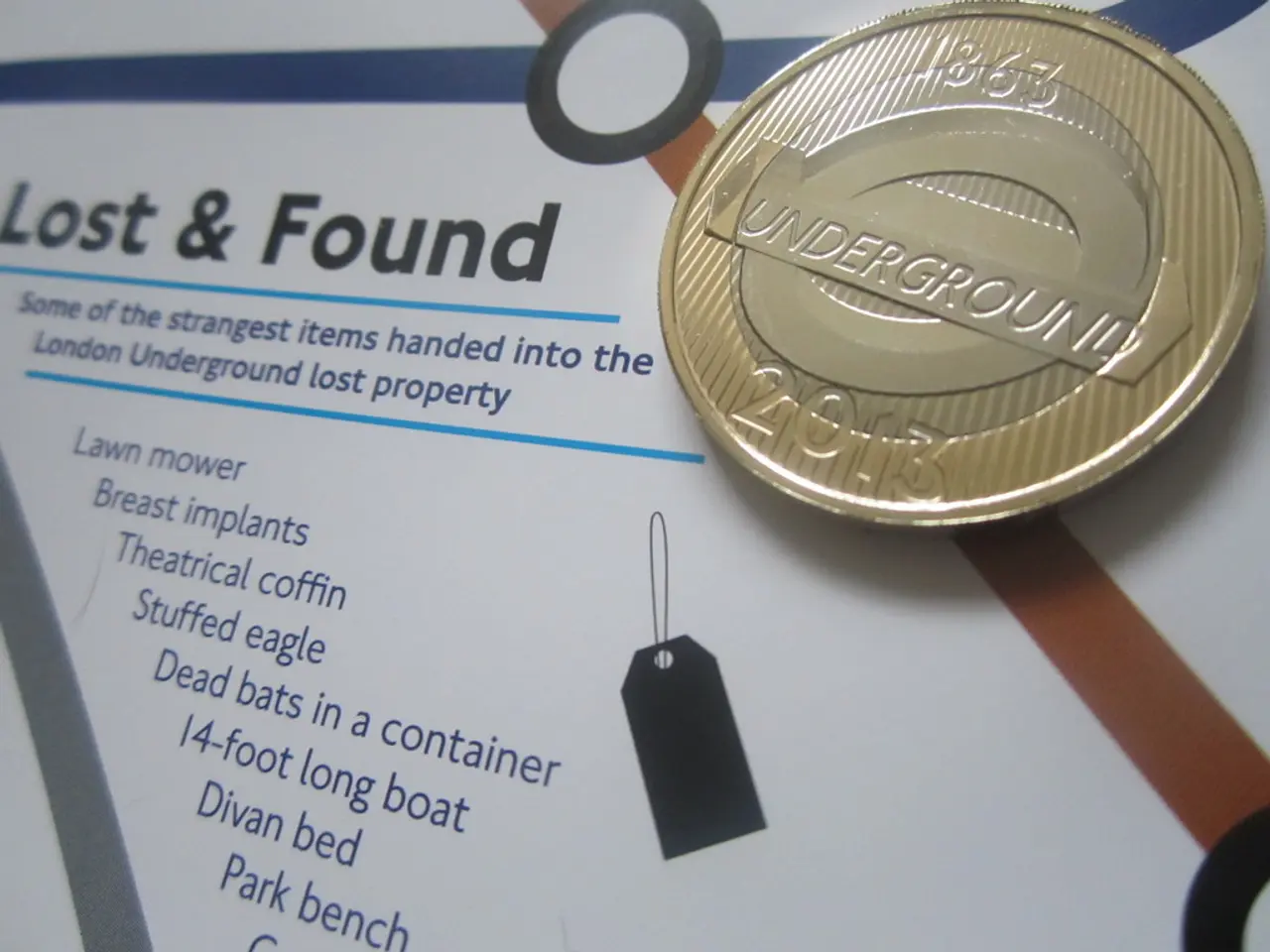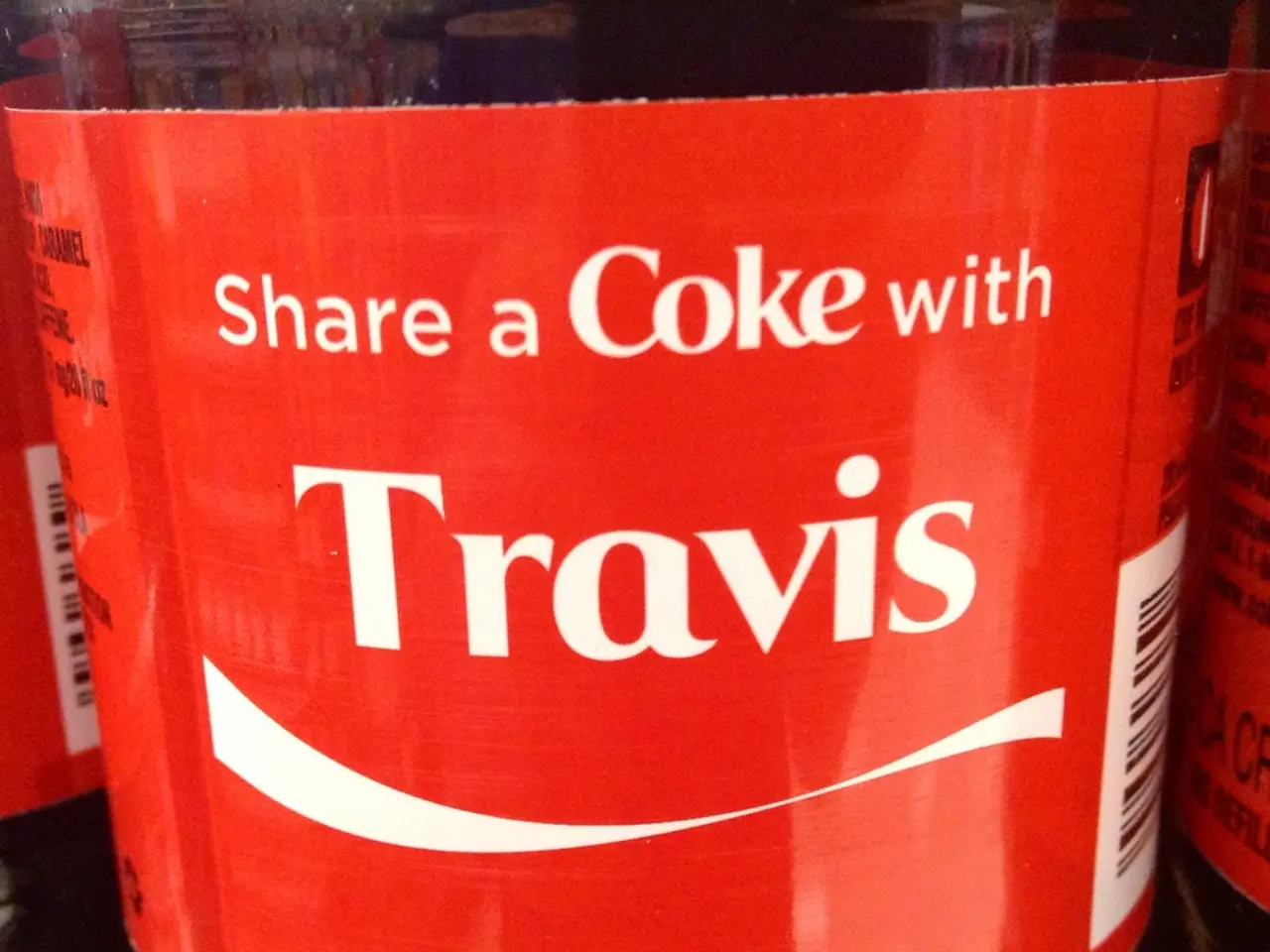Randome Bettor from UK Inquires About Passport Verification Requirement for Gold Cup Winnings
Rewritten Article:
Reeling from the unexpected turn of events, a peeved UK punter has raised eyebrows about the necessity of presenting his physical passport to receive his hard-earned winnings from a successful bet on the Cheltenham Gold Cup. Known as X on social media, he found himself in an unexpected pickle when he needed to present his passport at a Paddy Power retail sportsbook to claim his £6,000 ($7,780) win from a +3300 longshot bet on Inothewayurthinkin.
Pressing questions rattled in the betting community, with fellow X users shedding light on the peculiar situation. Some voiced their exasperation, arguing that if the bookie accepted the initial bet from the nosebleed odds wager, they shouldn't have any qualms about doling out the winnings without a fuss.
Naturally, conspiracy theories and wild speculations about the operator's insidious motives flared up like wildfire. However, one reasonable explanation floated to the surface: anti-money laundering (AML) regulations.
Digging deeper into the matter, AML laws compel operators to safeguard both themselves and their clients by ensuring that suspicious activities, such as fraudulent transactions or underage gambling, are prevented. When bettors cash out on winnings of £2,000 ($2,593) or more, sportsbooks are required to conduct a rigorous identity verification process, often demanding physical documents such as passports or driver's licenses.
So, let's ease the bewilderment by uncovering the reasons behind this unfamiliar bureaucratic hurdle.
a. Identity Verification- Legal mandates necessitate operators to verify their customers' identities to preventHeist-level stealings, underage gambling, and the laundering of ill-gotten gains. Physical documents, like passports or driver's licenses, are considered the 'cream of the crop' proof, notable for their trustworthy government supervision and potent security features.
b. Large Transaction Monitoring- When winning bets exceed £2,000 ($2,593), operators are required to delve deeper into the transaction, examining the origins of the funds and checking if the winnings jibe with the punter's gambling history.
c. Regulatory Enforcement (UK Gambling Act 2005, Money Laundering Regulations 2017)- Licensing bodies demand operators to collar any crooked activity and maintainuid records of customers' identities for at least five years.
Taking this into account, the bizarre request for a physical passport can be attributed to the operator's attempt to comply with AML regulations. So, keeping up appearances is vital, not just in winning big but also in winning law-abiding accolades.
- In the process of identifying their customers to prevent fraudulent activities, such as money laundering and underage gambling, sportsbook operators often need physical documents like passports or driver's licenses to verify the identity of individuals who have won £2,000 ($2,593) or more from sports-betting, as stipulated by the Anti-Money Laundering (AML) regulations.
- Operators are obliged to scrutinize large transactions of £2,000 ($2,593) or more, inspecting the source of the funds and ensuring that the winnings align with the punter's gambling history, due to AML regulations and regulatory enforcement under the UK Gambling Act 2005 and Money Laundering Regulations 2017.
- The UK Gambling Act 2005 and Money Laundering Regulations 2017 mandate sportsbook operators to maintain a record of their customers' identities for at least five years and undertake efforts to collar any crooked activity, such as sports-betting finance laundering.
- A peeved UK punter raised eyebrows about the necessity of presenting a physical passport to receive his £6,000 ($7,780) winnings from the Cheltenham Gold Cup, as the operator required it for conducting identity verification and ensuring compliance with AML regulations.






